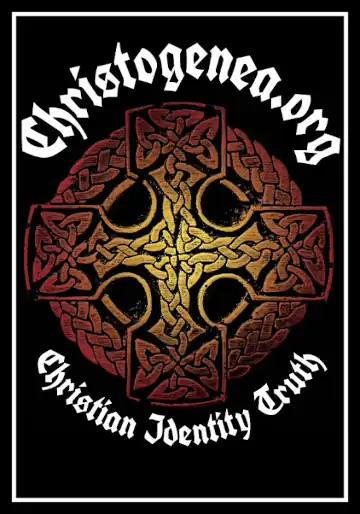The Ordering and Chronology of the Ministry and Epistles of Paul, Part 2: The Prison Epistles

The Ordering and Chronology of the Ministry and Epistles of Paul, Part 2: The Prison Epistles
As I had explained in the opening presentation in this short series, I had hoped to gather into one place my interpretations of the time and place of the writing of each of the epistles of Paul of Tarsus, as well as a general chronology of the events recorded in the Book of Acts. I had also originally hoped to do that in a single presentation, but it was just not possible. So while we have discussed what I have called Paul’s “travelling epistles”, now we shall discuss the time and place, and also the circumstances, of the writing of the 6 epistles that were written while Paul was a prisoner. Once again, for much of this presentation I am drawing on information which I had already presented in our commentaries for each of the epistles of Paul and in our earlier commentary on the Book of Acts. There are also some new perspectives.
This is important to us for several reasons. First, it is an important reference tool, because in my opinion no other such reference exists which has a truly accurate chronology of the events of the ministry of Paul, the writing of his epistles, and the Book of Acts. As I had also said, there is much misinformation in many popular and supposedly authoritative academic sources concerning the ministry of Paul and the writing of his epistles, and it is convenient to have our own opinions of these things in one single article, or perhaps more accurately, one single source of reference.







 Please click here for our mailing list sign-up page.
Please click here for our mailing list sign-up page.







